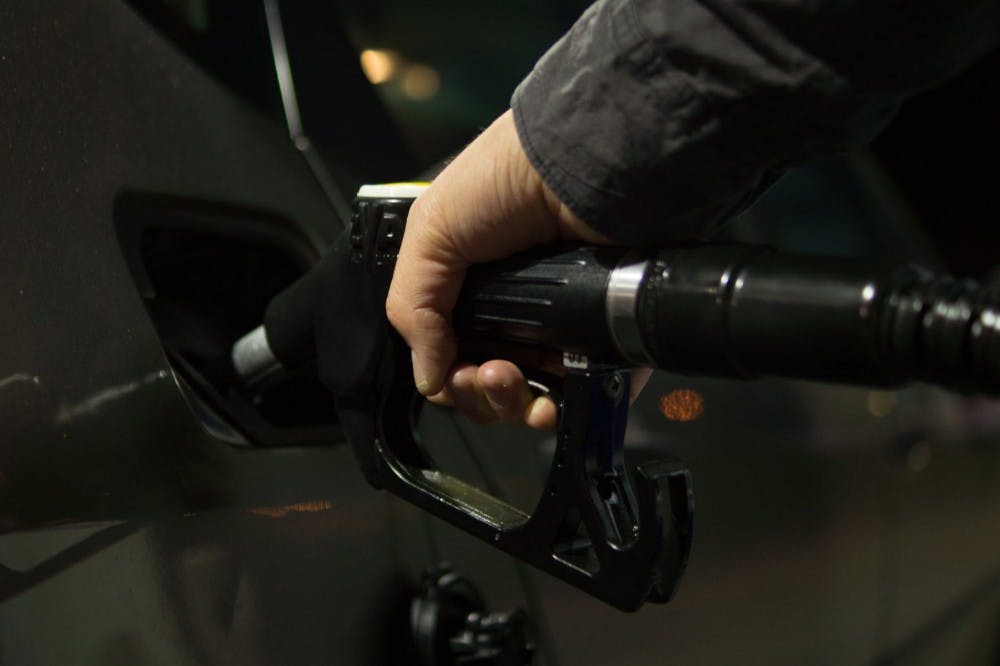New Jersey is now the last state in the nation in which drivers are not allowed to pump their own gasoline around the clock.
The state’s self-service gas station ban dates back to 1949, when the Retail Gasoline Dispensing Safety Act was passed due to concerns about the safety of consumers pumping petroleum themselves. While other states initially had similar laws, by the late 1970s Oregon and New Jersey were the only states not to revoke the ban. In January, Oregon overturned its law, leaving the Garden State as the sole holdover.
The Retail Gasoline Dispensing Safety Act has faced a number of legal challenges over the decades but to no avail. Recently, state senators introduced new legislation that would allow self-service. Former governor Chris Christie made self-service one of his campaign comprises, only to backtrack after facing public disapproval, according to the New York Times.
Ashley Koning, the director of the Eagleton Center for Public Interest Polling at Rutgers University, said that pollsters have long found heavy opposition to self-pumping in New Jersey, especially among subgroups such as women and the elderly.
“Pumping your own gas is definitely an unpopular opinion in New Jersey. It’s kind of a third rail of Garden State politics where it’s just too controversial to even touch,” Koning said. “Any politician coming out in favor of it would probably be doing a big disservice to themselves.”
Declan J. O’Scanlon, a New Jersey assemblyman and incumbent state senator, is one of the few New Jersey politicians who supports self-service. In a New York Times article, he stated that he regularly breaks the law in New Jersey to pump his own gas.
According to a poll of New Jersey adults from the Eagleton Center, 72 percent of respondents prefer to have their gas pumped for them, while 20 percent preferred to pump gas themselves. In addition, 84 percent of women preferred full service compared to 59 percent of men.
In an article about gasoline stations in New Jersey and Oregon, Monmouth University economics professor Robert Scott III found that self-service bans can benefit the elderly and disabled, and reduce the instances of drivers stealing gas, or “gas-and-dash.”
When Oregon revoked their ban on self-service in January, many drivers were left confused or angry over the policy change.
“It was utter chaos. No one knew what the hell they were doing,” said Mason Cox ’20, from Albany, Oregon.
The internet and media tended to ridicule Oregonians’ reactions to the new law; one article in Forbes Magazine ran under the headline “Oregon's Freak-Out Over Pumping Your Own Gas Shows Why Many Dumb Regulations Still Exist.” However, Koning explained that the law banning self-service in New Jersey is not taken lightly by voters and the industries involved.
“As much as we joke about and have fun and play with the issue, it’s a really big, important, contentious issue,” she said.

Koning, who is from New Jersey, said that the long dedication to full-service makes New Jersey unique compared to other states.
“It’s a source of pride for New Jersey and it’s definitely one of the things Jersey is known for,” she said.
“It gives a lot of people jobs who otherwise wouldn’t have [them] and it helps our economy in that way and makes it easier and faster,” added Taylor Mills ‘20, from Lawrence Township, NJ.





